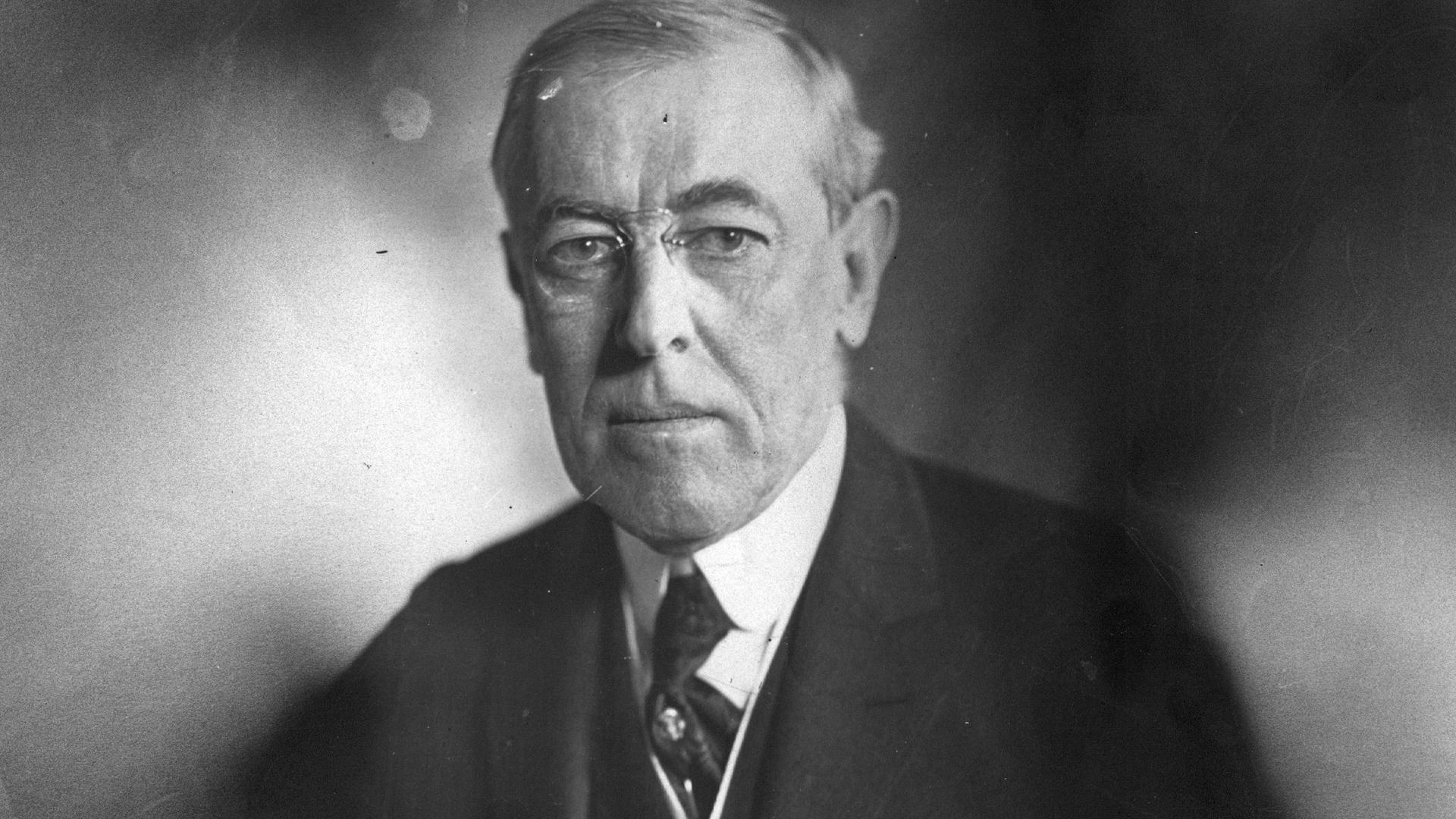Andrew Mellon
Andrew Mellon was a promient... financier, philanthropist, and politician who wielded immense influence over the United States' financial and cultural landscapes.
His story is one of success, innovation, but also of controversies that continue to fuel debates to this day.
Early Life and Rise to Prominence
Born in Pittsburgh, Pennsylvania, to a wealthy family, Andrew Mellon was groomed for success from an early age. His business acumen led him to amass one of the largest fortunes in America, which he further multiplied through shrewd investments and entrepreneurial ventures.
Major Contributions
Mellon's role as Secretary of the Treasury under three U.S. presidents dramatically shaped economic policies during the 1920s. He implemented tax cuts and federal budget reductions, fueling economic growth but also contributing to the inequality and financial instability that would later culminate in the Great Depression. Furthermore, Mellon was a dedicated philanthropist, responsible for the founding of the National Gallery of Art and supporting various educational and cultural initiatives.
Controversies and Complexities
While Mellon's financial policies brought short-term prosperity, critics argue that they also contributed to the conditions leading up to the Great Depression. His contentious role in the Teapot Dome Scandal further complicates his legacy, as does his focus on laissez-faire capitalism, which many view as prioritizing wealthy individuals and corporations over the welfare of the broader American public.
Public and Historical Perception
Although hailed as a financial genius during his time, Mellon's legacy has become a topic of scrutiny and debate among historians and economists, especially in light of the shifting attitudes toward wealth disparity and economic justice.
A Towering Figure
Andrew Mellon was undeniably a towering figure in American finance and politics. His influence continues to be felt, and his life serves as a testament to both the potential and the pitfalls of unfettered capitalism.
Biographica
George Washington
George Washington (1732-1799) WHO HE WAS: George Washington served as a statesman, a Founding Father, the commander-in-chief of the Continental Army during the American Revolutionary War, and notably, as the first President of the United States. His leadership and vision have positioned him as an indelible icon of American history. WHAT HE SAID: “Liberty, when it begins to take root, is a plant of rapid growth.” WHY HE MATTERED: Washington’s significance lies not only in his military achievements but also in his refusal to seize power. His insistence on relinquishing the presidency after two terms set a precedent for the future of the republic. His contributions to establishing a stable and democratic government framework were invaluable in the nation’s formative years.
Valeriano Weyler
Valeriano Weyler (1838-1930) WHO S/HE WAS: General Valeriano Weyler was a Spanish soldier and commander of Spanish forces in Cuba in the 1890s. WHAT S/HE SAID: The good die young. WHY S/HE MATTERED: Valeriano “The Butcher” Weyler was notorious for his “reconcentration” policies in Cuba which sought to strip Cuban rebels of their abilities to live off the land and camouflage themselves in groups of civilians. The strategy had disastrous consequences. Unlike many concentration camps in the twentieth century, the idea was to keep the Cuban civilians alive and protected until the Spanish were victorious. Unfortunately at least 30% perished from lack of proper food, sanitary conditions, and medicines. The policy generated severe anti-Spanish feeling in the United States which helped propel it into war in 1898.
Woodrow Wilson
Woodrow Wilson (1856-1924) WHO S/HE WAS: Woodrow Wilson was the twenty-eighth President of the United States, in office 1913-1921. Like Roosevelt before him, Wilson regarded himself as the personal representative of the people. He developed a program of progressive reforms and asserted international leadership in building a new world order. In 1917 he proclaimed American entrance into World War I a crusade to make the world “safe for democracy.” WHAT S/HE SAID: No one but the President seems to be expected … to look out for the general interests of the country. WHY S/HE MATTERED: Woodrow Wilson and his secretary of state, William Jennings Bryan, came into office with little experience in foreign relations but with a determination to base their policy on moral principles rather than the selfish materialism that they believed had animated their predecessors’ programs. Convinced that democracy was gaining strength throughout the world, they were eager



